Question
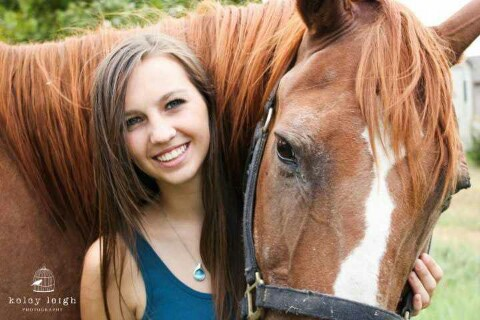 Doc and I
Doc and I
My horse is 29 and will turn 30 this spring. Hes my baby. I love him so much and it so obvious that he is no longer a spring colt. I want some tips on all over horse care. He has been a pasture horse his whole life but i dont think thats going to cut it anymore. Whats a great plan i can do to make him most comfortable? I cant afford to build a barn and boarding someplace else is almost crazy with prices.What can i do for him?
AnswerHi Kacy,
Thanks for your question, and the picture...so cute! Feeding older horses can become an increasing challenge, and you obviously want whats best for him. Managing the older horse can become tricky especially on a budget, trust me I've been there! But you certainly can take steps to make him comfortable that won't cost you a small fortune.
The winter months can take their toll on an older horse especially if you're in a cold climate. The cold/wet weather and shortage of fresh forage are a constant battle, as a Canadian I experience this first hand. Horses can survive outside in the cold with a little help. As it gets colder, a horses energy requirements increase; they use energy to keep warm and so need to eat more to prevent losing weight. A new barn would be nice but likely impractical so instead think of a run-in shed or a winter blanket or 2. An insulated blanket can help your horse stay warm and cut down on the amount of energy he uses to do so himself. This way, he is less likely to loose weight. If it gets really cold where you are think about investing in 2 blankets, one lighter 100gram-200 gram weight for the fall and spring, and a heavier 400 gram or great blanket for the dead of winter.
Also, think about increasing the energy content of his feed over the winter so that he has more energy to work with to keep warm. Just be careful about what you feed because they have slower and less efficient digestive systems and feeds that get their energy from grains are not a good idea. Instead, increase his dietary energy levels using good quality fiber sources like a good quality 2nd cut hay, or add some beet pulp to his diet. You could very safely feed a few pounds of beet pulp per day (weigh it dry, then add the water). A well formulated senior horse feed is another option. Senior feeds are formulated differently than other feeds, and if done properly they take into account the older horse's digestive system and additional nutrient requirements. Well formulated senior feeds will derive their energy sources from digestible fiber and will not be too rich in fat. Some fat is useful but the older horse's system is slow to use it properly. Senior feeds also tend to be rich in protein, at least some of which should come from isolated amino acids making it easier for the horse to digest. Chelated minerals are also helpful in a senior feed. This feed will likely be more expensive than the maintenance or performance horse rations but necessarily so and well worth the investment.
As for any horse, make sure Doc has access to fresh water. Horse's don't like to drink really cold water and of course can't drink frozen water. Dehydration combined with feeding dry hay can really increase your horse's risk of impaction colic so investing in a heated water bucket or tub is a great idea. You can get anything from a heated 5 gallon pail to a heated 150 gallon tub so pick one that works best for you. If you go with the 5 gallon bucket, be sure to fill it frequently. A 1000 pound horse should drink at least 10 gallons a day and if he eats more hay to keep warm than he needs more water. And make sure he has access to salt that will help him retain the water he is drinking.
Pre/probiotics really help older horses maintain their digestive efficiency and help keep them health longer so if you want to include some in Doc's diet try LifeForce Formula from Alltech. Of course you are going to want to keep him wormed regularly and have his teeth checked frequently by the vet. Aging teeth are a big issue and often the reason older horses can not maintain weight. They lose teeth or wear the teeth poorly and can not/will not eat properly which further slows down their digestive efficiency (their ability to convert food to energy, muscle, etc).
I hope some of these suggestions help. Best of luck.
Thanks, Corlena


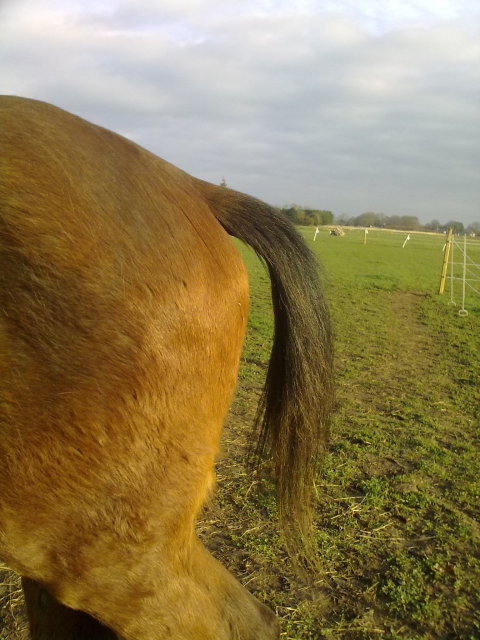 Horse Hair loss
Question
Tail
2 year old mare Appaloosa X shire
Horse Hair loss
Question
Tail
2 year old mare Appaloosa X shire
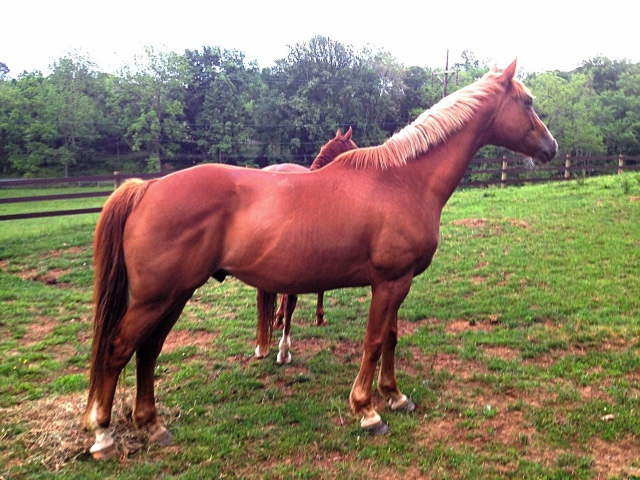 HELP WITH MY HORSE UCLERS PLEASE!!!
Question
Prince Charlie Horse
Hello! I am trying
HELP WITH MY HORSE UCLERS PLEASE!!!
Question
Prince Charlie Horse
Hello! I am trying
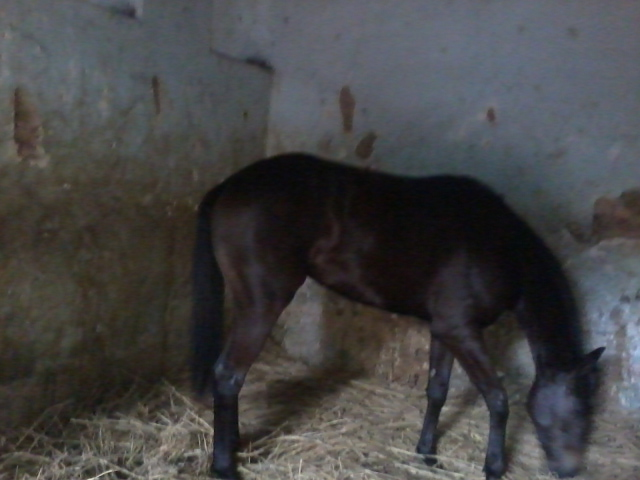 raw milk for under developed baby horses
Question
under developed
hello maam. top trainer
raw milk for under developed baby horses
Question
under developed
hello maam. top trainer
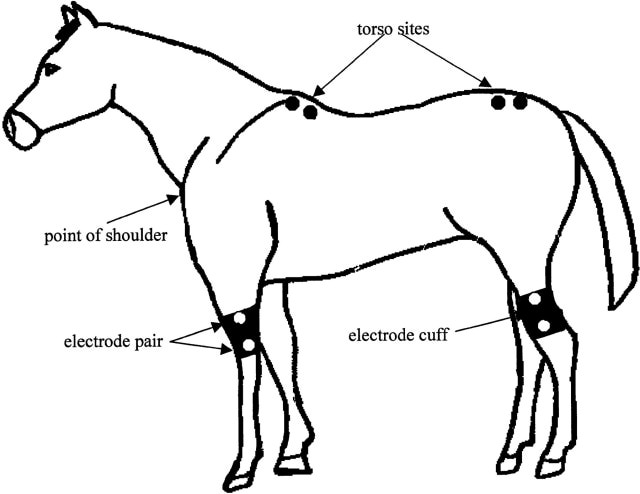 diagram representing
Question
diagram represent
hello maam, can you p
diagram representing
Question
diagram represent
hello maam, can you p
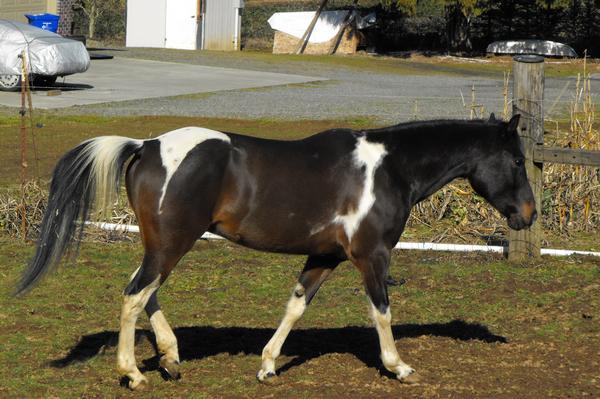 loss of appetite
QuestionElliott
QUESTION: i have a question abou
loss of appetite
QuestionElliott
QUESTION: i have a question abou